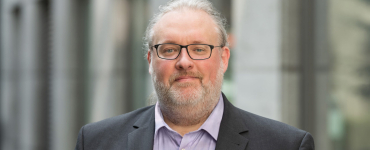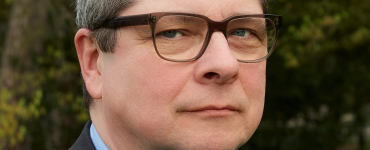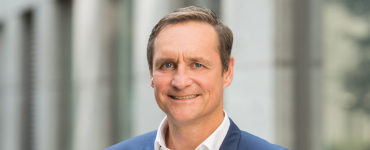Today in plenary, the EU Parliament rejected the mandate for negotiations on the contentious copyright reform with the Council of Ministers.
Oliver Süme, Chair of the Board at eco, welcomes the outcome of the vote: “The EU has taken the opportunity today to maintain the open and decentralized structure of the Internet. This is a victory for freedom of expression on the Internet and an important rejection of harmful and destructive regulations such as upload filters and ancillary copyright.”
The draft European copyright reform rejected today by the European Parliament would have obliged platform operators to preempt alleged copyright infringements before publication. Upload filters would check content as soon as it was uploaded and block it directly if there were a mere whiff of potential copyright infringement. This would have meant a massive encroachment into the basic technical structure of the Internet and a paradigm shift in liability – away from the ‘Notice And Action’ principle, and towards an infrastructure of prior vetting and censorship.
To date, the so-called “provider privilege” of the e-Commerce Directive has applied. However, this does not – as is often inaccurately argued – represent an exemption from liability if operators only have to take action against illegal content after they have gained knowledge of it. Rather, it prevents platforms from being turned into private judiciaries. “The erosion of the provider privilege would act as a direct attack on the freedom of expression of all,” cautions the Association of the Internet Industry.
Furthermore, the introduction of a European ancillary copyright would make it more difficult to digitalize the publishing and news industry, would hinder innovation, and would become a competitive disadvantage for Europe as an investment location. What is at issue here is not the bid to improve the financing of journalists nor the promotion of more quality journalism. This is a direct attack on large international digital corporations; but ultimately, in eco’s view, the victims would be European small and micro-entrepreneurs, as well as consumers.
“What would follow would be long-term legal uncertainty for all actors. With the reformed copyright law, the technology-neutral structure of the Internet would be fundamentally changed forever. It would be a profound violation of the rule of law if, in future, companies and not courts got to decide what we can see, hear, and read on the Internet,” says Süme.
Hope that broad criticism will be attended to
The copyright reform was subject to fierce criticism, and not only from the Internet industry: In a German-language open letter to MEP Axel Voss on 24 April, eco and more than 50 other institutions warned against the introduction of a European ancillary copyright for publishers and news agencies. Even the “father of the Internet”, Tim Berners-Lee, warned that the Internet would become a “tool for monitoring and control”. More and more critical voices were heard from politics – most recently, the German Federal Minister of State for Digital Affairs Dorothee Bär (CSU) and the CDU network politician Thomas Jarzombek openly expressed their criticism. Together with Internet politicians from the SPD and FDP, they signed an open letter to the German MEPs last Friday calling on them to vote against ancillary copyright and upload filters.
It is to be hoped that an objective and broad discussion will take place in the plenary, and that this discussion will not ignore everything except the interests of major press publishers, rightsholders, Facebook, and Google. Because such discussion may be appropriate under competition law, but not under copyright law.




